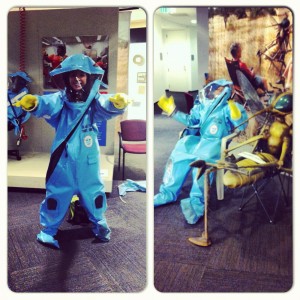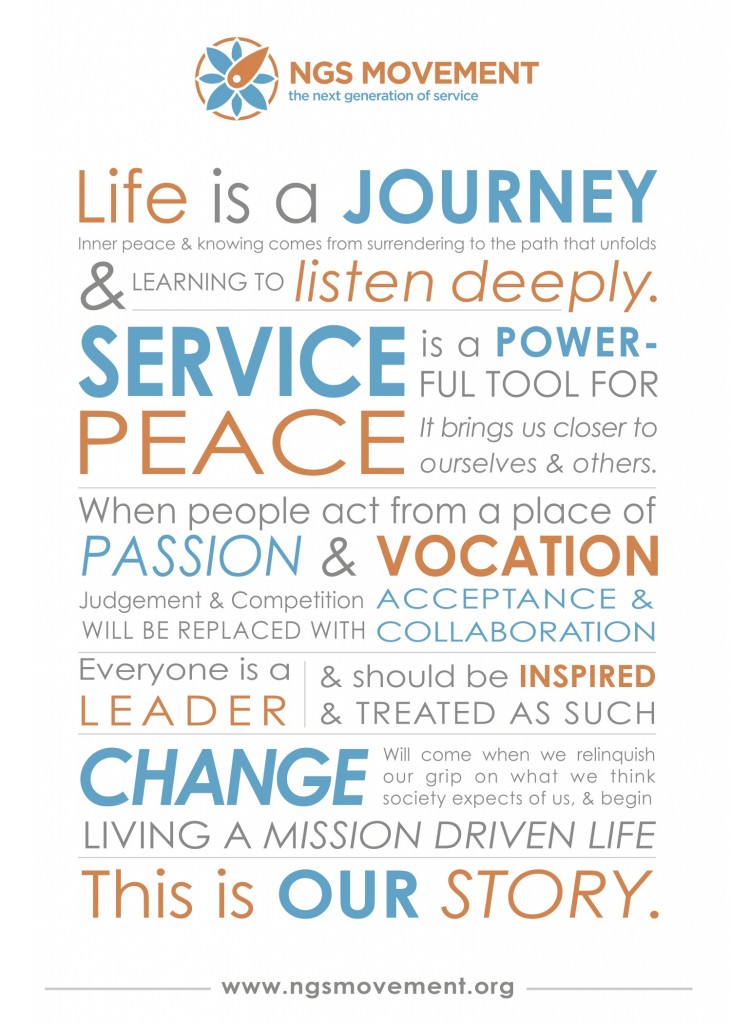The Adventures of a Public Health Associate for the CDC
 My name is Alyssa Llamas and I am a Public Health Associate for the Centers of Disease Control and Prevention (CDC). I am currently stationed at the Idaho Department of Health and Welfare (IDHW).
My name is Alyssa Llamas and I am a Public Health Associate for the Centers of Disease Control and Prevention (CDC). I am currently stationed at the Idaho Department of Health and Welfare (IDHW).
The Public Health Associate Program (PHAP) is a training program that provides young, public health professionals the opportunity to work at the frontlines of public health. Associates are stationed at a state, local, tribal, or territorial health department and assigned two focus areas (Chronic Disease, Environmental Health, Public Health Preparedness, Global Migration and Quarantine, Immunization, Injury Prevention, Maternal and Child Health, STD, TB, and/or HIV, Other Communicable Diseases).
PHAP gives associates the best of both worlds. While employed by the CDC, they are placed in the field, implementing programs, providing health education, conducting research, etc. Public Health Associates are towards the end of the public health professional food chain. However, it is encouraging to hear that many of CDC’s leaders started at the bottom. During the summer training, Dr. Frieden, Director of CDC, recalled stories of his early days in public health: moving to a new city for an assignment and working at the ground level to improve community health. It is this kind of experience that the Public Health Associate Program provides.
PHAP is a fantastic program for postgrads interested in public health and want to get work experience before applying to graduate school. There are many positives to PHAP, but there are also some negatives.
 PHAP does not give you the choice to choose your host site, but you’ll get to live somewhere you never thought you would. Remember, it’s only temporary and two years goes by fast. You also don’t get to choose your focus areas. They are a packaged deal with the host site, but do not feel limited by them. Keep your eye out for other projects at your host site. When I was offered the job, I was told my assignment was at a tribal epidemiology center in Billings, Montana and that my focus areas were environmental health (EH) and injury prevention (IP). These areas were completely new to me, but I was excited to learn about them and to work with American Indian Tribes.
PHAP does not give you the choice to choose your host site, but you’ll get to live somewhere you never thought you would. Remember, it’s only temporary and two years goes by fast. You also don’t get to choose your focus areas. They are a packaged deal with the host site, but do not feel limited by them. Keep your eye out for other projects at your host site. When I was offered the job, I was told my assignment was at a tribal epidemiology center in Billings, Montana and that my focus areas were environmental health (EH) and injury prevention (IP). These areas were completely new to me, but I was excited to learn about them and to work with American Indian Tribes.
PHAP staff does their best to ensure that each associate is placed in a host site that will nurture but also challenge the associate. Unfortunately, this is not always the case. My host site in Montana did not meet PHAP’s expectations so I was relocated to Boise, Idaho. Although my experience in Montana was discouraging, I took advantage of any opportunity I could find while I was there. I especially cherished my time working directly with the American Indian tribes and visiting them on the reservations.
As a CDC employee, you’ll have access to all of CDC’s resources, including the library, training courses, and staff. Each associate is also assigned a PHAP supervisor and CDC mentor. They provide advice on projects, work issues, and future plans.
I love the work that I’m doing now. I am juggling several projects, including ones in immunization, HIV/STD, and epidemiology. I am visiting schools with low immunization rates and working with their staff to increase the number of students that are up-to-date on their vaccines. I am also working on an HIV website and community blog for the MSM (men who have sex with men) population in Idaho. I am also doing an descriptive epidemiology project and classifying Cryptosporidium cases in Idaho using data from the past 5 years.
PHAP has helped me discover what areas of public health I am most passionate about and what kind of public health work I want to do. Though public health is a broad field, there are essentials skills needed to work in any area of public health. PHAP helps associates develop those skills such as program development and management, communication, community partnership, and critical thinking. With about six months left in my program, I feel ready for my next assignment after PHAP.
Advice for applicants:
- Carefully examine the application and PHAP fact sheet. Use key words (hint: check the program competency domains).
- Highlight your skills and accomplishments, whether or not they are public health-related, and emphasize their impact.
- Convey your passion for public health and your desire to learn more.
- Use numbers.
- Be flexible.







